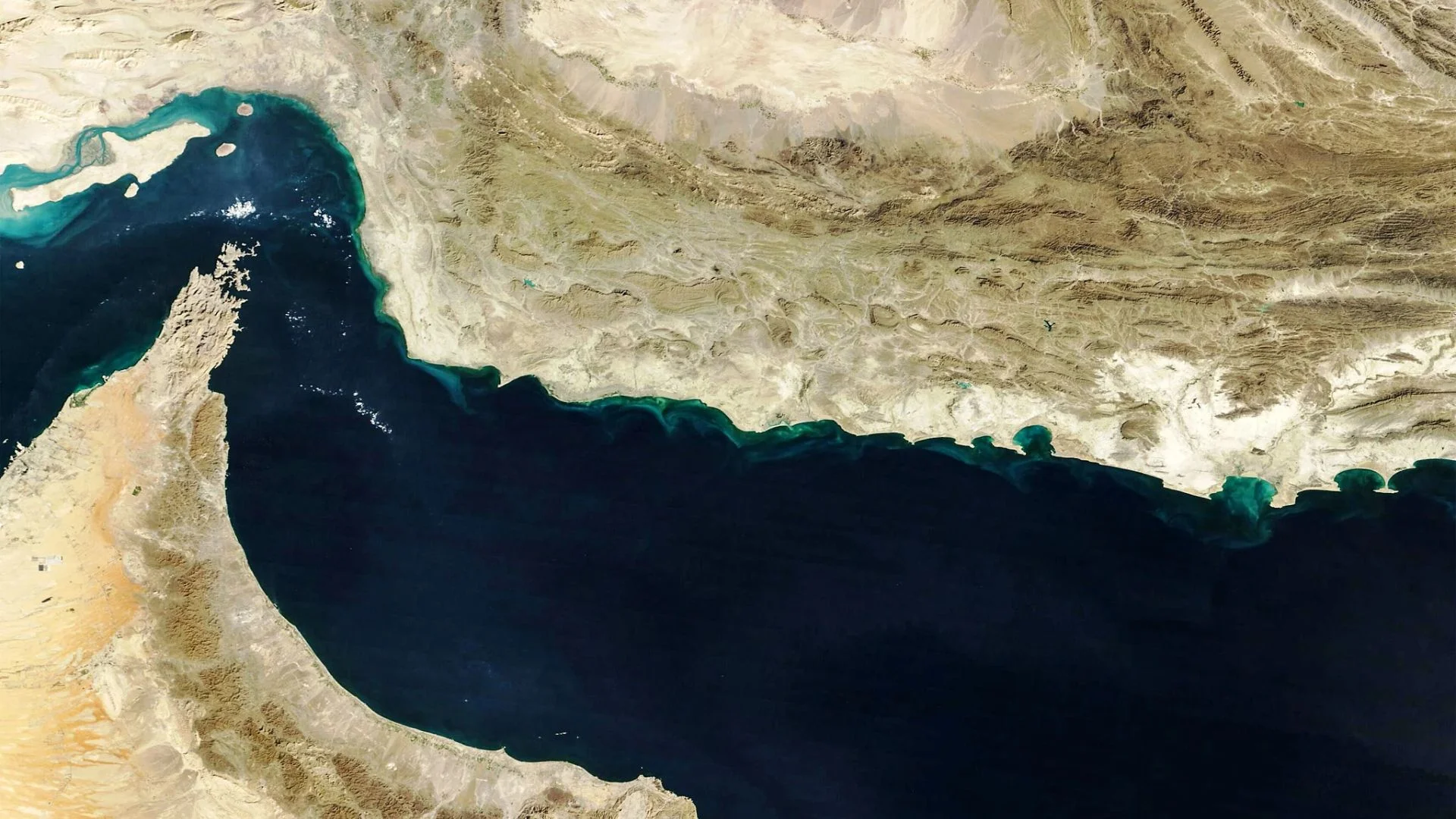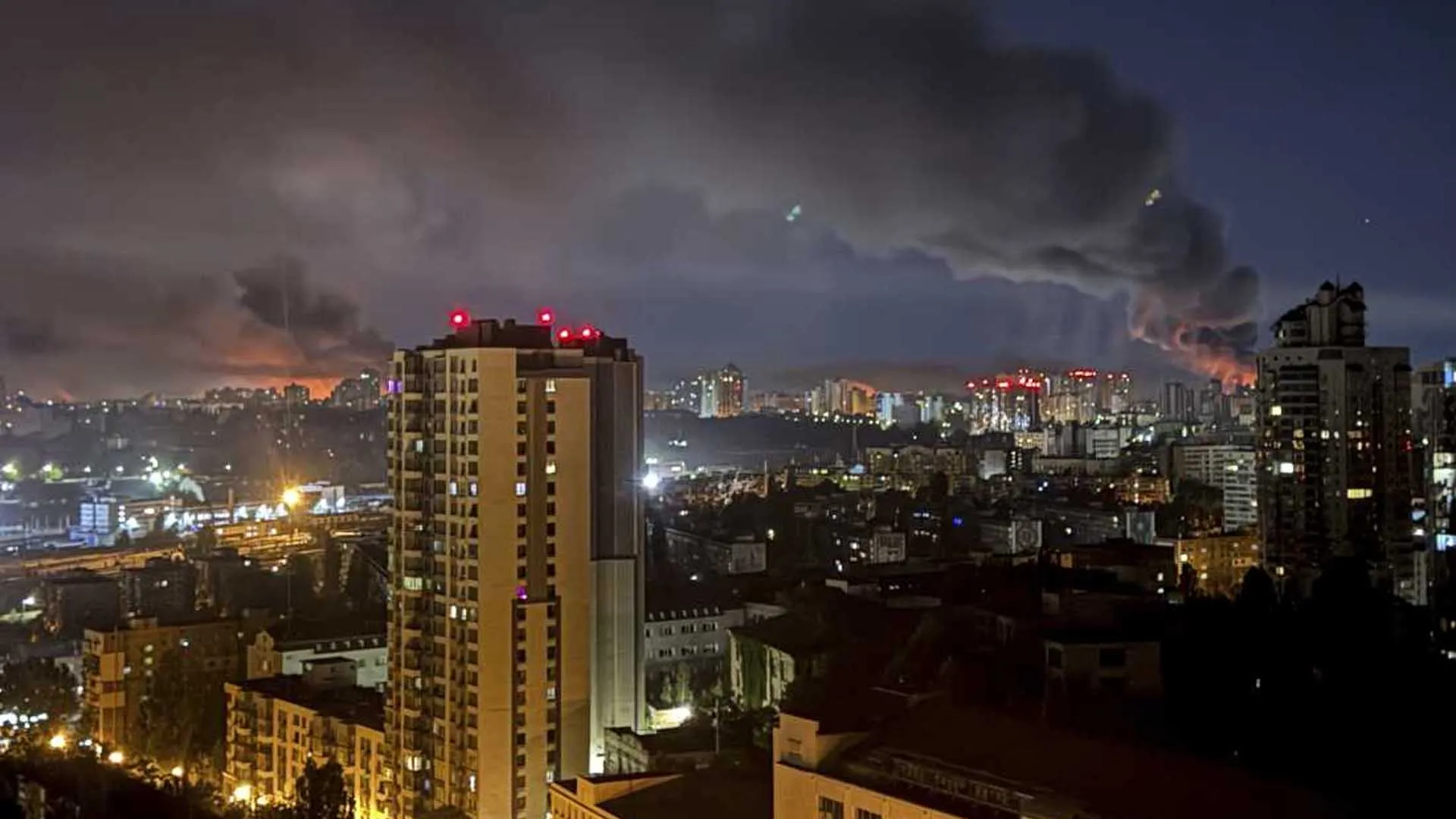Iran’s navy loaded naval mines onto ships in the Persian Gulf last month, which alarmed Washington about a possible Iranian scheme to close the Strait of Hormuz, two US officials privy to classified information said.
The exercise, previously unreported, came on the heels of Israel’s June 13 missile attacks against Iranian installations. Although the mines were not emplaced, they indicated that Iran could have been seriously planning to shut one of the world’s most important sea chokepoints.
About 20% of world oil and gas shipments pass through the Strait of Hormuz, and blockade would push energy prices through the roof and rattle global supply chains. Despite tensions, oil prices have fallen more than 10% since US air strikes against Iran’s nuclear program, as markets have been reassured that there was no immediate disruption.
On June 22, after US attacks on three of Iran’s nuclear facilities, Iran’s parliament voted for a symbolic resolution in favor of closing the strait. The ultimate decision lay with Iran’s Supreme National Security Council. Iran has repeatedly threatened to close the strait but never followed through.
It is not certain if the mines are still aboard or have been removed. The US did not say how it gained the intelligence but the sources indicate it might have been through the use of satellite imagery or human intelligence.
A White House spokesperson replied by attributing President Trump’s “Operation Midnight Hammer” and wider campaign of pressure for keeping freedom of navigation in the area. The Pentagon and Iran’s UN mission refused to comment.
Authorities referred to the likelihood that Iran’s loading of mines was a bluff of strategic intent to intimidate Washington or a backup plan if leadership agreed to escalate. The action highlighted increasing regional tensions and the potential for a major naval crisis.























